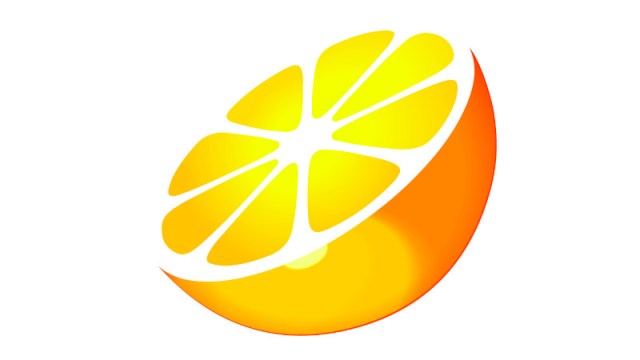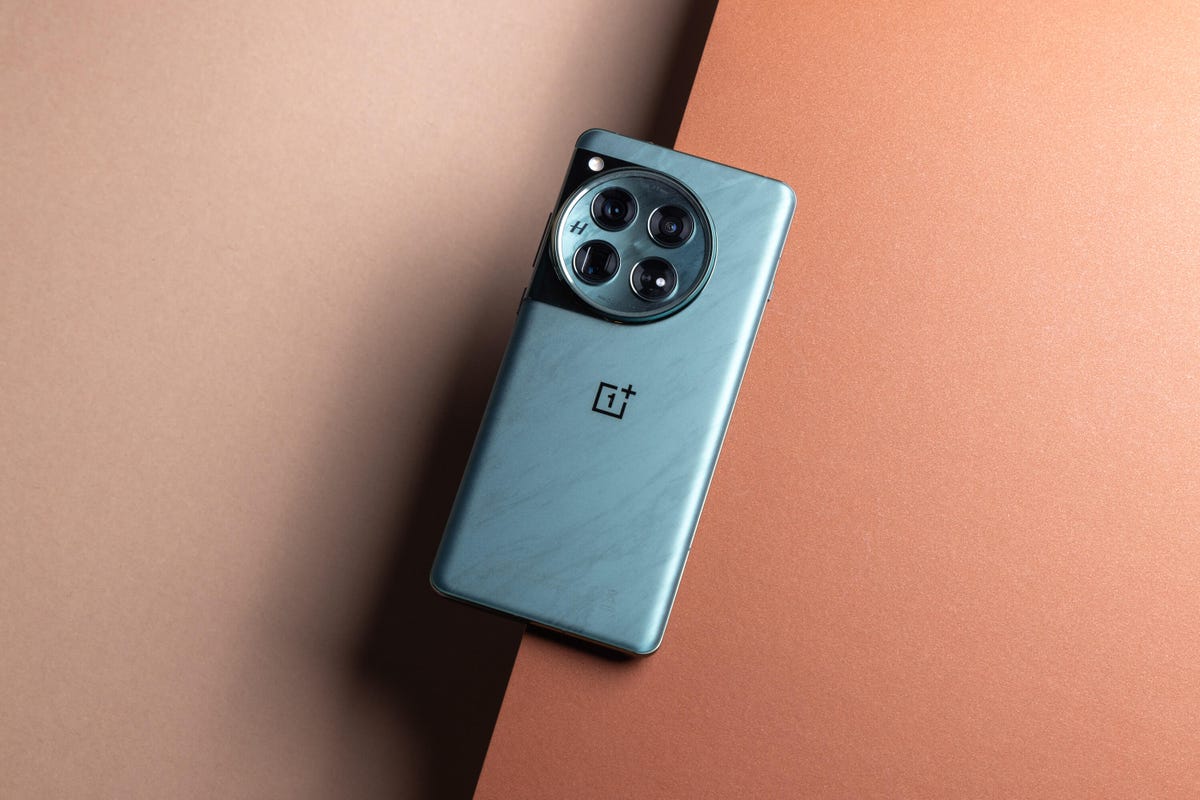
Nintendo Forces Shutdown of Yuzu and Citra Emulators
What’s going on here? Tropic Haze LLC, the company behind the popular Yuzu and Citra emulators for Nintendo Switch and 3DS respectively, has ceased operations and taken their websites offline after facing legal pressure from Nintendo. This development followed a US$2.4 million settlement with Nintendo, which had filed a lawsuit against Tropic Haze LLC for the Yuzu emulator, claiming it promoted copyright infringement due to its requirement of files extracted from a real Switch device for decryption purposes. Citra, while not named in the lawsuit, was also shut down, presumably as a related consequence of the settlement. Interesting to note is that even though Citra was not part of the legal action, its association with the same development team as Yuzu has led to both projects being discontinued. More Info Details of the lawsuit
What does this mean? The shutdown of Yuzu and Citra has highlighted the complex legality surrounding emulator use and development. While the creation and distribution of emulators are not illegal, the requirement for proprietary files from the original gaming consoles, such as firmware and keys, introduces legal challenges regarding copyright. Nintendo’s lawsuit against Yuzu hinted at these intricacies, emphasizing concerns over copyright infringement. The case raises questions about what constitutes lawful use of emulators and the extent to which developers can facilitate the playing of copyrighted games without crossing legal boundaries. The precedent set by earlier emulators, which navigated similar legal waters by avoiding direct involvement with copyright-infringing practices, is being challenged and scrutinized more than ever before.
Why should I care? The implications of the lawsuit and subsequent shutdown of the Yuzu and Citra emulators extend well beyond these two projects. It signifies ongoing tensions between emulator developers and copyright holders like Nintendo, who view certain practices associated with emulation as direct threats to their intellectual property. This case may set a precedent for how similar situations are handled in the future, impacting the accessibility and development of emulators as tools for preserving and accessing older, potentially obsolete gaming content. Moreover, the incident illustrates the complex balance between copyright law, technological innovation, and the rights of consumers to backup and utilize digital content they legally own. As the debate around copyright and emulation continues to evolve, the outcomes of such legal battles will likely influence the landscape of game emulation and copyright enforcement for years to come.
For more information, check out the original article here.




